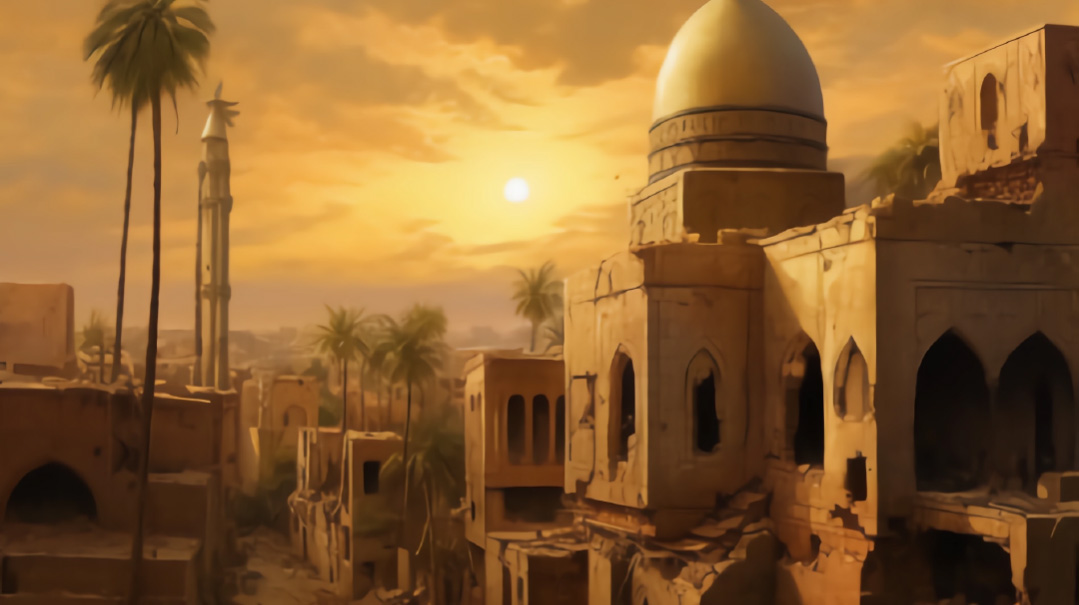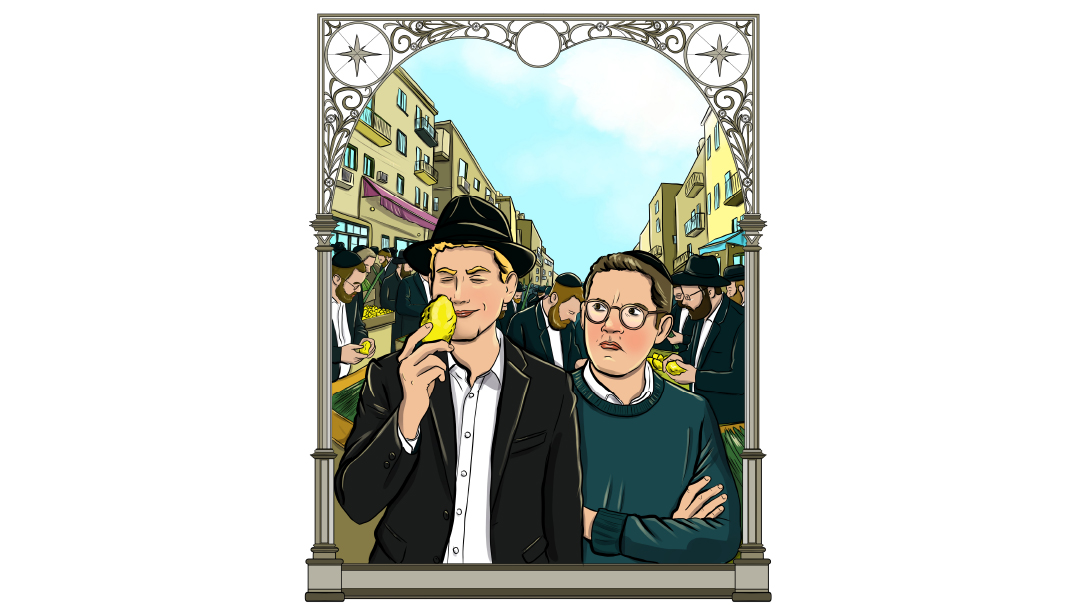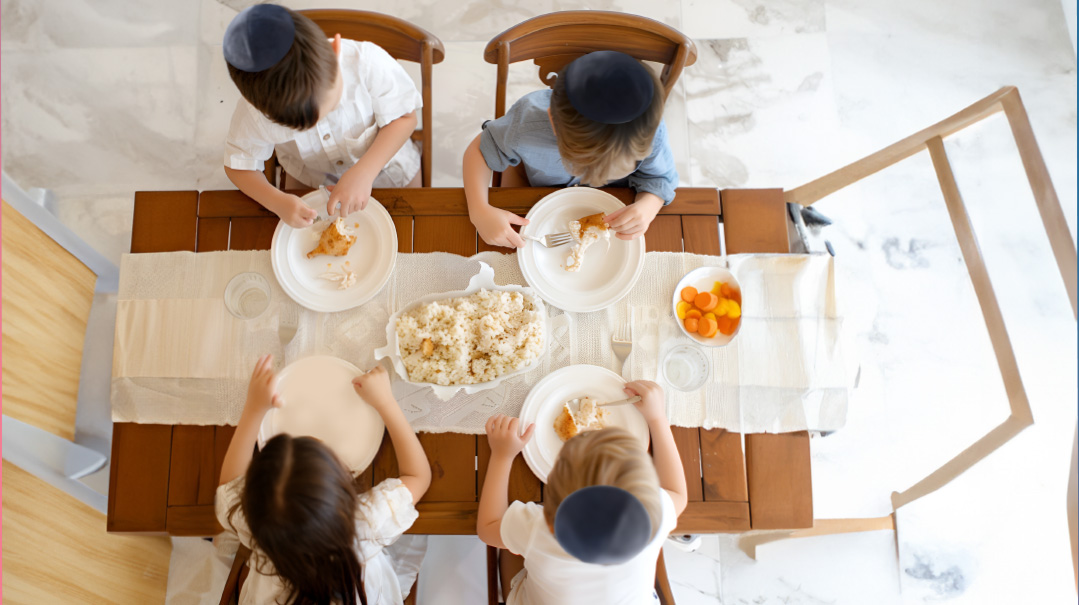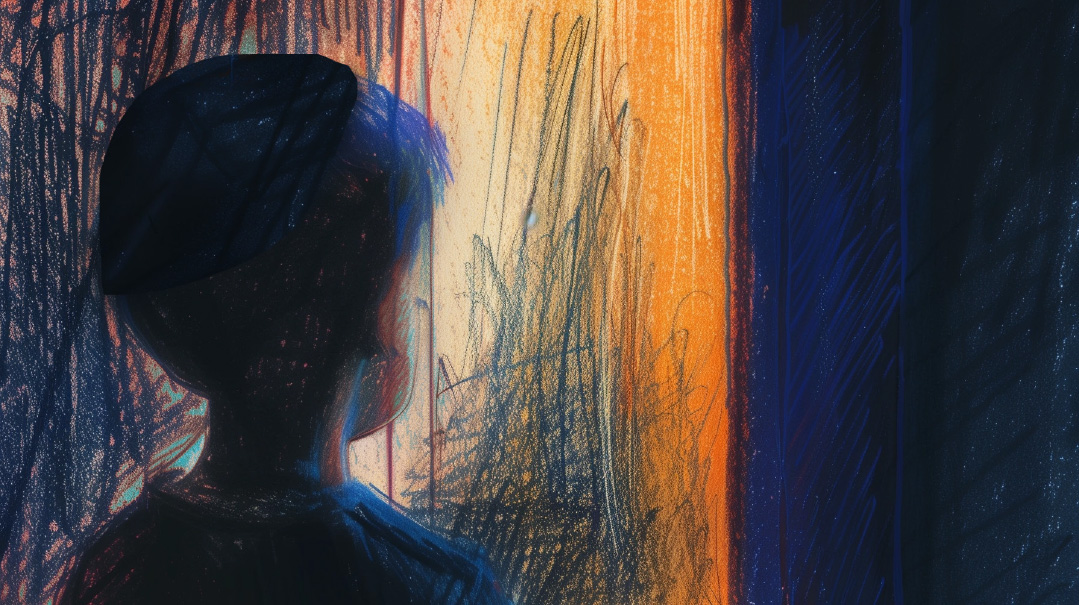Promising Roads
| May 23, 2023How many times would I be forced to prove my allegiance?

Baghdad.
Jerusalem of the expatriates, light of the earth.
Streets paved with wisdom, alight with Torah.
Bastion of great sages and aspiring young men.
City of old, catalyst for new.
Citadel of hope and yearning.
Growth and transcendence.
Baghdad.
Mosul, Erev Rosh Chodesh Elul, 939 CE
The room is silent. Ima has come over for a visit at the most inconvenient of times. I stand, my back against the window, watching Youssef, who looks as though he has lifted his face from a water basin. Ima sits on the chair, her hands clenched.
“But Youssef, the caravan is set to leave tomorrow,” I whisper, my teeth nearly grinding my bottom lip.
My husband’s head snaps up, a look of panic upon his face. “What should I do?” He tugs his sleeve in despair.
Ima opens her mouth, her square jaw jutting the same way my husband’s does. Her son.
“Youssef,” I say quickly, eyeing Ima warily. “Have you spoken with HaRav Baruch?”
“I have not.” He lowers his head, glances at me sideways. “I— I am sorry Raayit. Truly.”
I turn to hide my disappointment. It is as I feared. Youssef has delayed going to the Rav, afraid the Rav will say he shouldn’t go. He wants to go, for himself and for me. For us.
Ima sees it, too. “You know HaRav Baruch surely would not encourage you to go against your mother’s wishes,” she says. “Yes, go to HaRav Baruch. He knows that your father was slaughtered on the roads to Baghdad. To dredge up those memories I have long tried to forget? He will tell you not to cause your mother such pain!”
I shake my head. Ima is certain of the Rav’s answer. But does she not know that for Torah it is different? Surely, HaRav Baruch will encourage Youssef to go!
I swallow the bile that has arisen. Ima is still talking, her voice pained.
“You know I am so proud that you are such a great scholar, but why can you not stay in Mosul? Is this because your wife wants you to go? Are you willing to hurt your own mother because that is what she wants?”
I clench my teeth until I feel my brain will erupt.
“I forbid you to go to Baghdad,” she continues. “If you—” She eyes me meaningfully, “If you do go, I will be forced to banish you from my property. You will have to build a home elsewhere.”
Oops! We could not locate your form.







